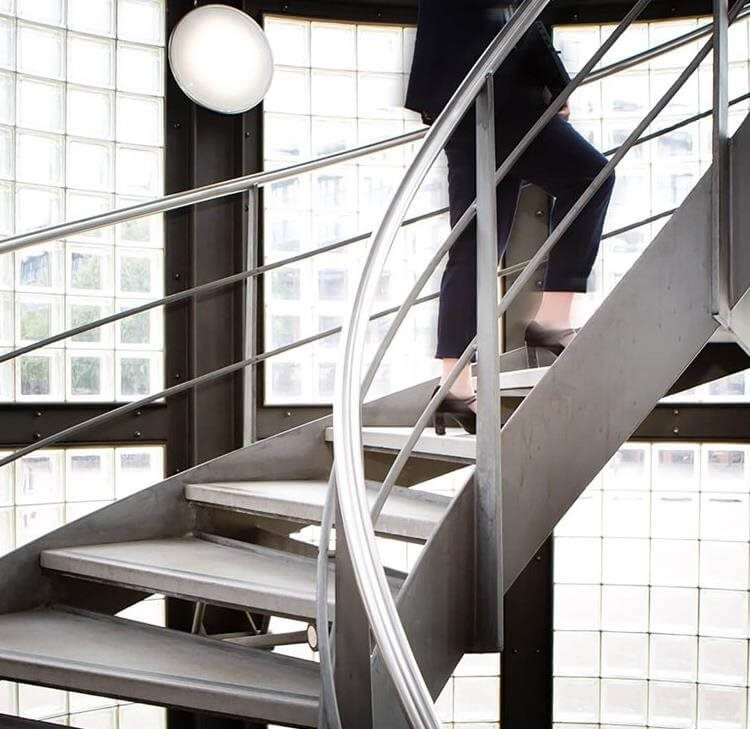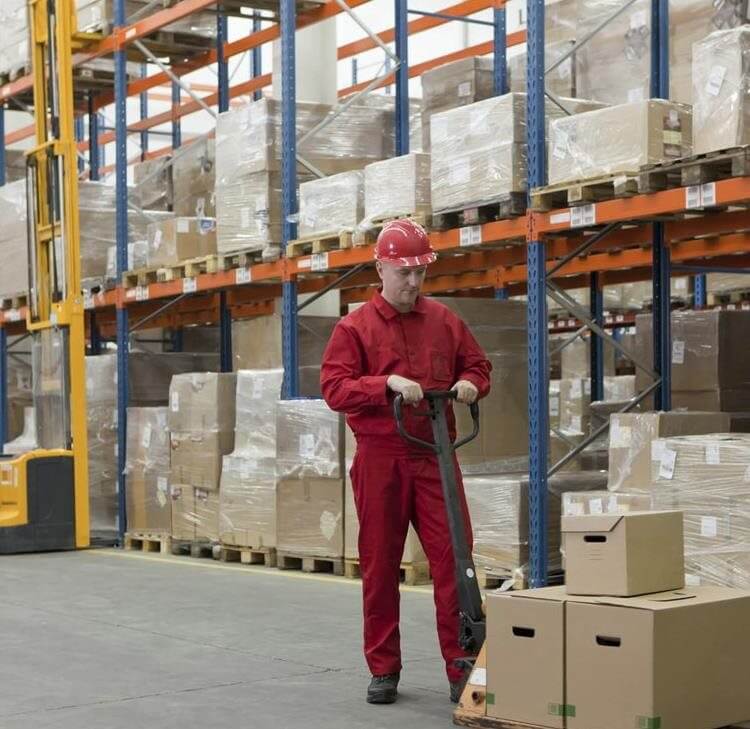The recent High Court judgment in the case of Anglia Ruskin Students’ Union v HMRC [2025] EWHC 296 (Admin) provides a significant clarification to the application of VAT on alcohol sales by student unions.
The decision will be of particular importance to student unions across the UK.
Background
The case concerned an establishment known as '92' operated by Anglia Ruskin Students’ Union beneath its office at the Anglia Ruskin University. The dispute centred on whether or not '92' was a 'bar' for the purposes of VAT Notice 709/1. If '92' was a 'bar' for these purposes supplies of food and drinks made by it would be subject to VAT (if not VAT Notice 709/1 would treat the supplies as exempt).
High Court decision
The High Court decided that '92' was a “bar” for the purposes of VAT Notice 709/1 and therefore that supplies of food and drinks made by it were subject to VAT.
VAT notice 709/1 specifically provides for an extra-statutory concession for a student union which is supplying catering to students both on behalf, and with the agreement, of the parent institution. The resulting treatment is that such supplies can be treated in the same way as the parent institution itself (i.e. exempt for the purposes of VAT). However, the exemption does not extend to:
“food and drink sold from campus shops, bars, tuck shops, other similar outlets and certain vending machines”
In determining this issue, the High Court decided that the term 'bar' should be ascribed its ordinary meaning, in other words, somewhere one can purchase both food and alcoholic and non-alcoholic drinks. The argument that a 'bar' was somewhere that did not provide catering or only provided catering as a small percentage of its supplies, was rejected. The High Court in reaching its decision also noted that '92' was described and marketed as a 'bar' in its own advertising literature and on the facts (i.e. its physical features) fell within the ordinary definition of the term 'bar'.
Implications
The High Court’s judgment may have significant implications for student unions across the UK (particularly those who have previously relied on the exemption in VAT Notice 709/1). Student unions should:
- ensure that they correctly account for standard VAT rates in their budgeting and financial planning for activities involving alcohol sales (and obtain advice is this is not the case);
- consider adjusting prices to mitigate the impact of VAT (if supplies are subject to VAT because of this decision); and
- seek advice and ensure compliance with VAT regulations to avoid potential disputes and penalties from HMRC.
Conclusion
The Anglia Ruskin Students’ Union v HMRC case serves as a reminder of the complexities involved in VAT legislation especially in scenarios where different activities undertaken by different organisations might have different VAT treatments.
It also highlights the importance of ascribing terms in legislation their ordinary meaning (as opposed to relying on a narrower more restrictive definition in order to fall within a particular tax treatment).
Browne Jacobson has a team dedicated to advising universities and private sector providers in the food and drink sector and can help with the issues stated above.
Related expertise
You may be interested in...
Legal Update
A look at the High Court decision on when a café is a bar for the purposes of VAT
Legal Update
Navigating VAT in corporate real estate: Key considerations for landlords and tenants
Press Release
Browne Jacobson advises Obsequio Group on strategic expansion
Press Release
Browne Jacobson advises Landmark Holdings on sale of global underwriting group to US-based Bishop Street Underwriters
Press Release - Firm news
Browne Jacobson adds bench strength to private client team
Press Release
Browne Jacobson advises tool manufacturing firm on significant expansion
Press Release
Browne Jacobson appointed to Serco Group plc legal services panel
Press Release
Browne Jacobson advises international facilities management firm on latest acquisition
Press Release
Browne Jacobson advises Oxford City Council on Barton Park affordable housing deal
Legal Update
Autumn Budget 2024: Key changes for private clients
Press Release
Browne Jacobson advises The Jordon Group on transformative merger
Press Release
Browne Jacobson advises UK’s leading fire protection specialist on key acquisition
Press Release
Browne Jacobson advises UK climbing operator on sale to Belgian investment firm
Opinion
HMRC score on employment status: Football referees may be employees
Press Release
Browne Jacobson advises global digital transformation services provider on PE investment and acquisition of US and Hungary-based commerce consultancy
Legal Update
Biodiversity Net Gain: what have we learnt in the first few months?
Legal Update
General election: What a new government could mean for employment law
Press Release
Browne Jacobson appoints Scott McKittrick as Partner in growing Private Client team
Press Release
Browne Jacobson advise B2W Group on BePro Development acquisition
Press Release
Browne Jacobson advises Care Fertility Group on acquisition of CRGW
Press Release
Browne Jacobson advise Cubo on investment to support expansion
Published Article
What are freeports and what benefits could they offer?
Guide
FAQs - converting to academy status
Legal Update
Beauty Industry - Plastic Packaging Tax
The war on plastic is being taken to a new level, and businesses that don’t consider sourcing recycled packaging materials could face costly implications.
Press Release
Browne Jacobson’s private equity team advise Palatine Private Equity on its buyout of Midlands based developer of affordable homes
Legal Update
Once, twice, three times a phoenix
Schedule 13 of the Finance Act 2020 has introduced new provisions empowering HMRC to issue a Joint Liability Notice on individuals for amounts payable by a company (including an LLP) to HMRC.
Legal Update
Extending Covid-19 support – how to avoid the pitfalls
Throughout the pandemic, many businesses have made good use of the HMRC-administered Covid-19 relief schemes. Such support has helped them survive the difficult economic conditions and manage staffing and revenue issues as a result of the strict lockdown rules.
Legal Update
Analysis: Six key aspects of the Budget 2021
Yesterday the Chancellor outlined the much-anticipated budget for 2021 which set out a financial recovery roadmap to coincide with the easing of Lockdown 3.0 over coming months.
On-Demand
Private sector development club - 3 February 2021
Catch up on our Private Sector Development Club on-demand video where we covered a variety of topics including managing construction projects during a global pandemic, tax and planning.
Legal Update
Recent changes to HMRC's policy on VAT and contract termination payments
On 2 September HMRC announced a change in its policy on the VAT treatment of compensation and damages payments in the context of early contract termination.
Legal Update
VAT reform proposals for the public sector - government departments, NHS and some other public bodies
The Treasury is looking to simplify and extend VAT recovery for ‘section 41’ organisations, the consultation remains open until 18 November 2020.
Opinion
Can employees bring a claim when they are in breach of their contract?
Can an employee, who has been in breach of their contract in the past, successfully bring a claim for breach of contract by their employer following their dismissal?
On-Demand
Top 10 Tips for IR35, with Ian Deakin and James Tait
With IR35 changes moving ever closer, this webinar will take you through the changes and give you clear advice on how to get ready.
Video
IR35 Tax update - changes to be implemented in April 2020
On-Demand
IR35: If it walks like a duck...
In the UK, a great number of organisations engage self-employed IR35 contractors to complete work on their behalf
Press Release
Browne Jacobson lead adviser on nmcn plc’s acquisition of Lintott Environmental Technologies and its wholly owned subsidiary, Lintott Control Systems
Browne Jacobson’s Manchester team has advised nmcn, the national provider of design, offsite manufacturing and construction services in the water sector, on its acquisition of water treatment system manufacturer Lintott Environmental Technologies and its wholly owned subsidiary, Lintott Control Systems (LCS).
Guide
An introduction to EIS and SEIS tax efficient investing
Where a start-up or SME company is looking for external investment, and one or more individuals are looking for investment opportunities which can provide significant tax advantages, it is well worth considering the Enterprise Investment Scheme (“EIS”) or the Seed Enterprise Investment Scheme (“SEIS”).
Guide
An introduction to EMI share options
Share options granted under the Enterprise Management Incentive Scheme (usually referred to as EMI options) are a popular choice for SME and start-up companies who want to reward and incentivise employees in alternative ways to simply paying them more amounts of cash.
Legal Update
Entrepreneurs Relief from CGT: changes to the 'personal company' tests on share sales
When individual employees or directors sell shares in a trading company, or a holding company of a trading group, they may be able to claim entrepreneurs relief ('ER') from CGT on the sale of their shares in that company.


























